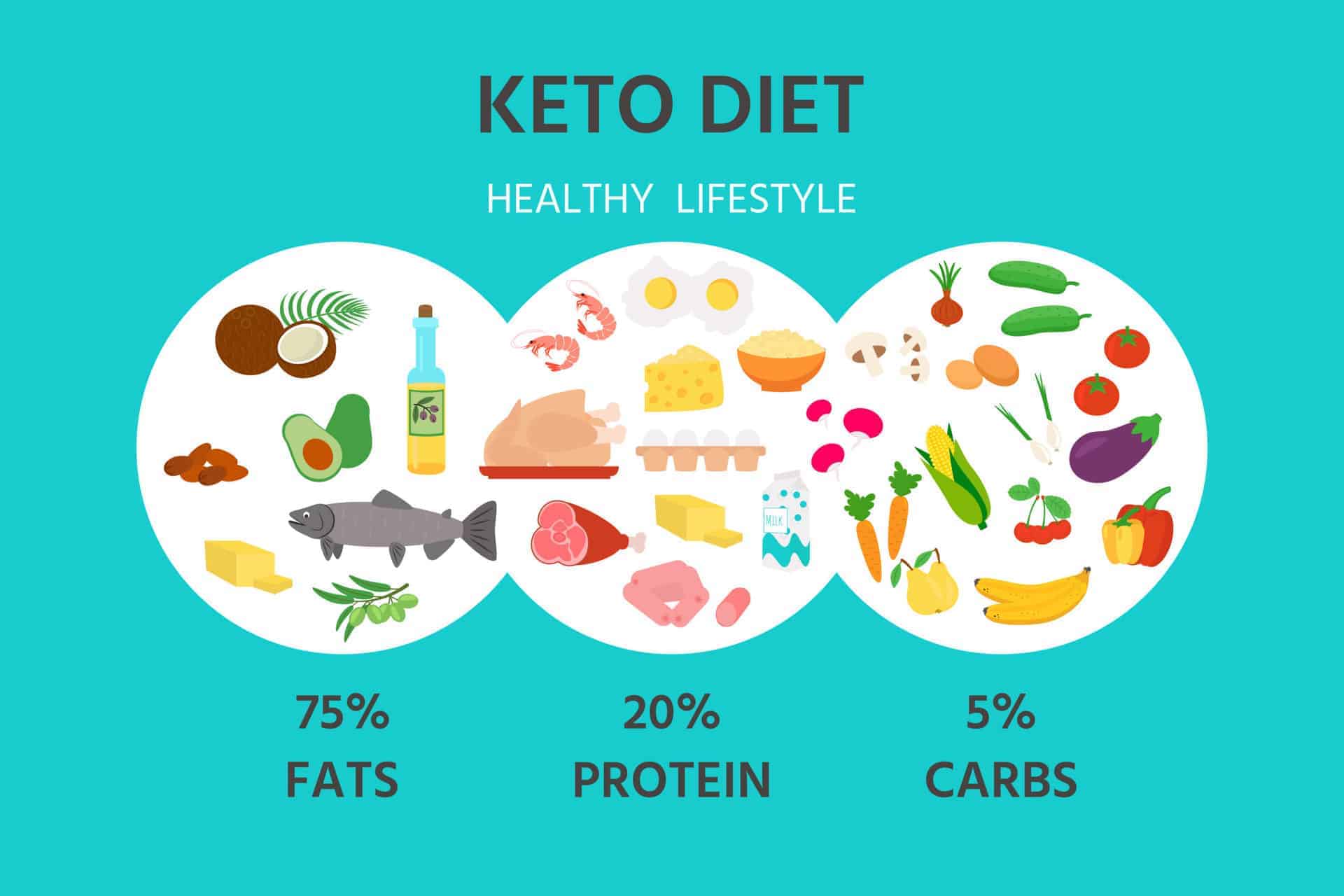The 23rd World Insights
Exploring the untold stories and events from around the globe.
Keto or Not to Keto: That is the Question
Discover if the keto diet is your key to weight loss or a passing fad! Uncover the pros and cons in our ultimate guide.
Is the Keto Diet Right for You? Pros and Cons Explored
The Keto diet, a low-carbohydrate, high-fat dietary approach, has gained immense popularity in recent years. Many people embrace it for its potential benefits, including rapid weight loss and improved energy levels. However, before jumping on the bandwagon, it's crucial to understand both the advantages and drawbacks. Some of the primary pros of the Keto diet include:
- Rapid weight loss through the state of ketosis.
- Reduced appetite and cravings.
- Increased energy and mental clarity for some individuals.
On the flip side, the Keto diet may not be suitable for everyone and has its share of cons. Common concerns include:
- Potential nutrient deficiencies due to restricted food choices.
- Difficulty adhering to the diet long-term.
- The 'Keto flu' during the initial adjustment period, which can include fatigue and irritability.
Ultimately, it's essential to evaluate your personal lifestyle, health goals, and any pre-existing medical conditions before deciding if the Keto diet is right for you.

Keto vs. Traditional Diets: Which One Works Best?
The debate between Keto and traditional diets has gained significant traction in recent years. The Keto diet, characterized by its low carbohydrate and high-fat intake, aims to encourage the body to enter a state of ketosis, where it burns fat for fuel instead of glucose. On the other hand, traditional diets, such as the Mediterranean or balanced diet, typically emphasize a more moderate approach to macronutrients, focusing on a variety of food groups, including whole grains, fruits, and lean proteins. These diets promote a sustainable long-term lifestyle, while the Keto diet often requires strict adherence to maintain its effects, making it a more challenging option for some individuals.
When it comes to effectiveness, both diets can lead to weight loss, but their mechanisms and sustainability differ. Research suggests that individuals on a Keto diet may experience rapid initial weight loss due to water loss and reduced appetite, but this can plateau over time. In contrast, traditional diets often promote gradual, steady weight loss, which may be easier to maintain in the long run. Ultimately, the choice between Keto and traditional diets boils down to personal preference, lifestyle, and specific health goals. Here are some key factors to consider:
- Adherence: Which diet can you follow consistently?
- Health Goals: Are you looking for quick weight loss or long-term health?
- Variety: Do you prefer diverse food options or are you okay with restriction?
10 Surprising Facts About the Keto Diet You Need to Know
The Keto diet has gained significant popularity over the years, yet many people remain unaware of its core principles and surprising benefits. For instance, did you know that the Keto diet can lead to increased mental clarity? Once your body enters a state of ketosis, it starts to utilize fat as its primary energy source, providing a more stable energy level and potentially enhancing cognitive functions. Additionally, contrary to popular belief, the Keto diet is not just for individuals looking to lose weight. It has been used therapeutically to manage conditions like epilepsy for nearly a century!
Moreover, there are common misconceptions about the types of foods that are permissible on the Keto diet. While it’s true that sugar and processed carbohydrates are off the menu, many people are surprised to learn that a variety of delicious foods can still be enjoyed. For example, avocados, cheese, and even dark chocolate are all Keto-friendly options! Here’s a quick list of some unexpected foods you can incorporate into your meals:
- Leafy greens
- Olive oil
- Nuts and seeds
- Full-fat dairy
- Fatty fish